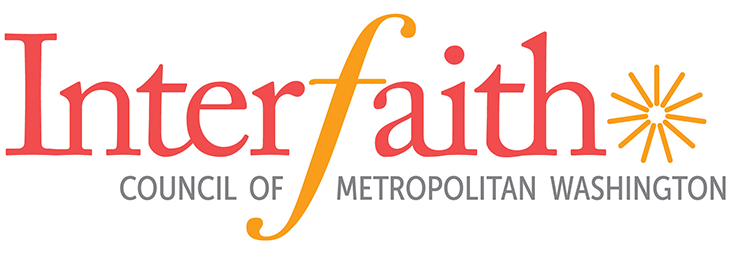The IFC is 40 Years Old –- Have We Succeeded?
If you are reading my words you are a person who cares about the values that inspire our work at the IFC, that ultimately we want to show the world that in our Metro DC region we exemplify our motto, “All Faiths-One Family.” At the same time you are no doubt sharing the shock and the pain of those suffering in Sri Lanka, as others have so recently in New Zealand and in Pittsburgh. We have to both comfort the mourners and inspire the survivors that there is another way, that the Divine message of human solidarity and ultimate human dignity can and must overcome the forces that wish to divide “us” from “them.”
An important part of our response to tragedies that seem to have some perverse relationship with religious differences is to redouble our efforts to build a loving community of multiple faiths where we live. 40 years is a long time in the lifetime of an organization and our leaders are now seeking to evaluate our programs and thinking strategically about where we hope to be in the next 40 years.
You can certainly participate in helping us articulate what programs and activities should be our primary focus in the years ahead. But programs need to flow from values and a strategic vision. Like many non-profits, we are currently engaged in a visioning process that really asks at its core these questions:
What does success look like for the IFC?
How would you measure that success?
I always respond when asked that our goal is to inspire in our region the best example we can create of Dr. King’s vision of the “Beloved Community.” Sometimes I rephrase it negatively. We are trying to create a “no-hate zone.” In one word we are trying to demonstrate our “unity.”
On a granular and programmatic level there are now two annual programs of the IFC where we model publicly and intentionally our goal of greater unity. Of course the oldest is the annual Unity Walk, now 14 years and growing, that brings over a thousand people to walk among the richly diverse houses of worship and study that line Massachusetts Avenue in Northwest DC, usually the Sunday after Labor Day. But we are very excited this year that our experiment with a Day of Unity with four events around the region has grown in its second year to over 15 separate local programs on or around May 5. You can find the latest list on our website.
This would be one obvious way we can measure our success — through the growth of participation, not just in terms of numbers but in diversity of faiths and diversity of venues. We know too well that there in the midst of relative affluence in our region we remain divided by class, ethnicity, and sadly by race. Those divisions will continue to plague us unless we seek opportunities to uplift those who are still suffering from the various social ills, violence, and disrespect that remain among us.
Our task force has also identified some structural elements that will support our success down the road. I’ll mention a couple here and hope that this is the beginning of a conversation with you, our partners in this work. The IFC will have succeeded when we can provide the following:
- Community organizing support offered to congregations and neighborhoods with interest in building stronger interfaith relationships, partnerships, solidarity and disaster plans (WIROC, solidarity communities)
- Website with repository of educational information about faiths, best practices that can be used to bridge build at all levels, a well-read blog from the faith community and the IFC on innovative and meaningful programs and approaches
- Annual survey of faith communities in the DMV and their experience with prejudice, interfaith work, charitable work, needs for assistance in this space
We welcome your input and your ideas and the conversation will continue.
